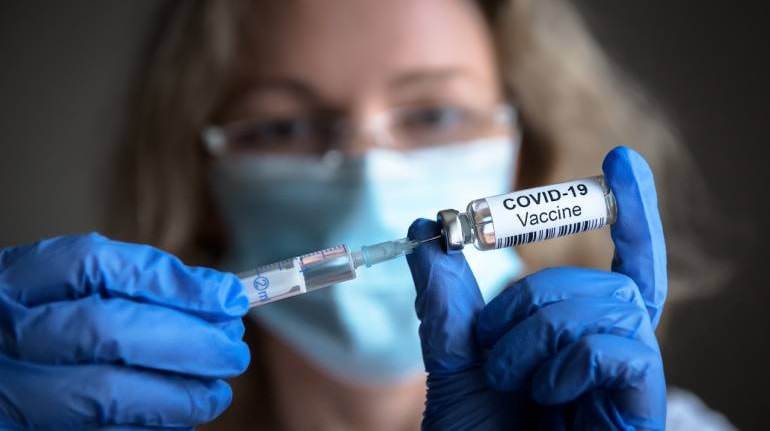



All authorised COVID-19 vaccines are effective against the variants of novel coronavirus known so far, including the b.1.617 variant, which fuelled the second wave of the pandemic in India, the Europe Director of the World Health Organization (WHO) said on May 20.
“All COVID-19 virus variants that have emerged so far do respond to the available, approved vaccines,” Dr Hans Kluge said, adding that all COVID-19 variants can be controlled with the same public health and social measures used until now.
The so-called Indian COVID-19 variant, which is believed to be more transmissible, has now been identified in at least 26 countries in the WHO Europe region, Kluge said while addressing a press conference.
Doctor Kluge, however, cautioned that progress against the coronavirus pandemic remains “fragile” and international travel should be avoided.
The WHO Europe chief said: “Right now, in the face of a continued threat and new uncertainty, we need to continue to exercise caution, and rethink or avoid international travel.” He added that “pockets of increasing transmission” on the continent could quickly spread.
With AFP inputsFollow our coverage of the coronavirus crisis here
Discover the latest Business News, Sensex, and Nifty updates. Obtain Personal Finance insights, tax queries, and expert opinions on Moneycontrol or download the Moneycontrol App to stay updated!
Find the best of Al News in one place, specially curated for you every weekend.
Stay on top of the latest tech trends and biggest startup news.